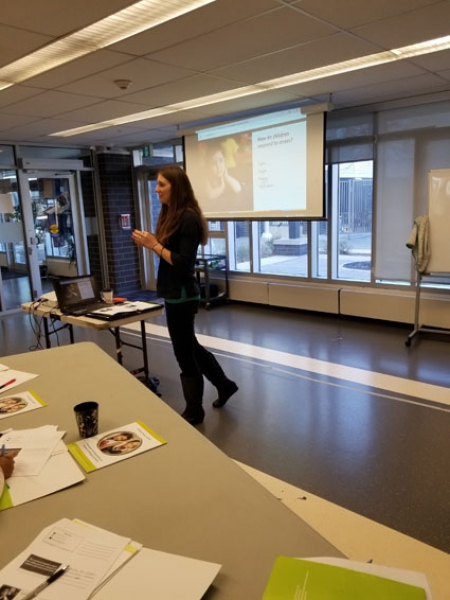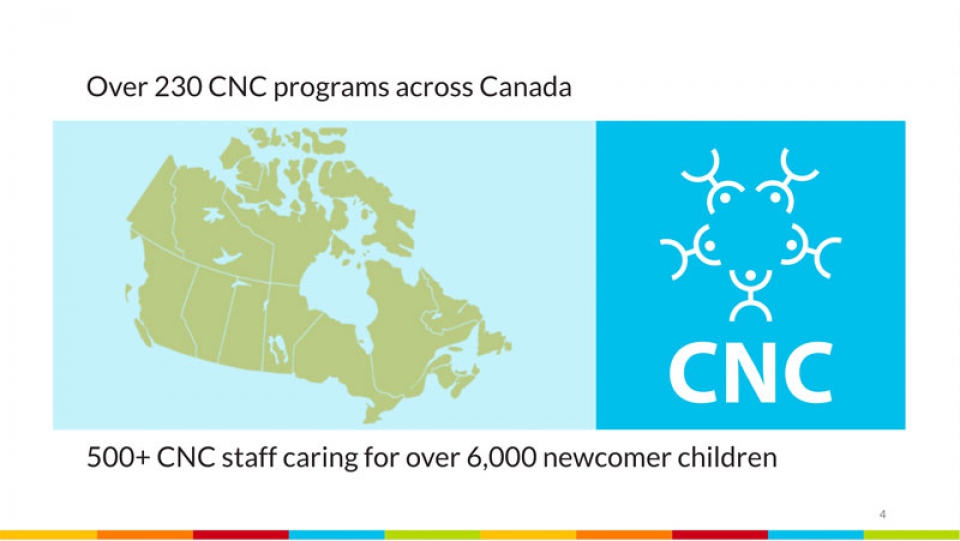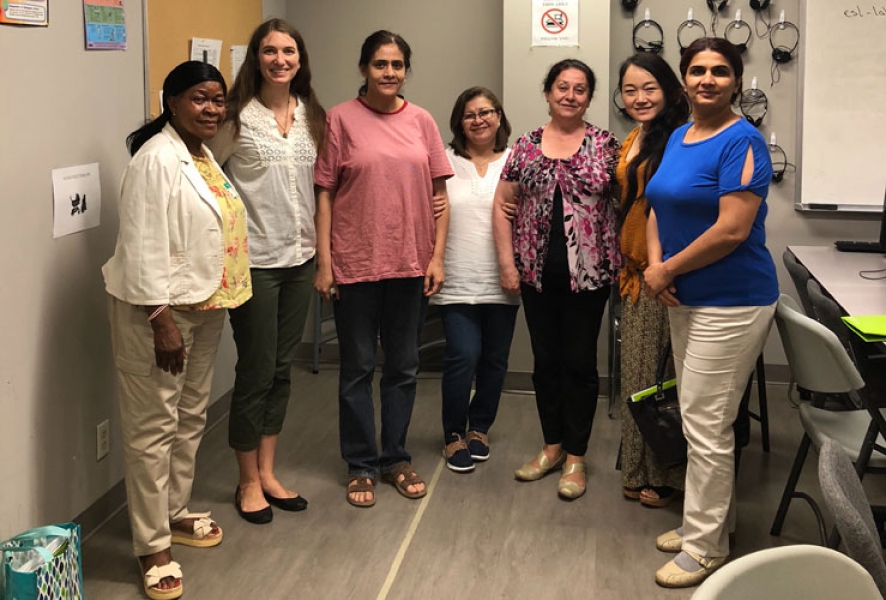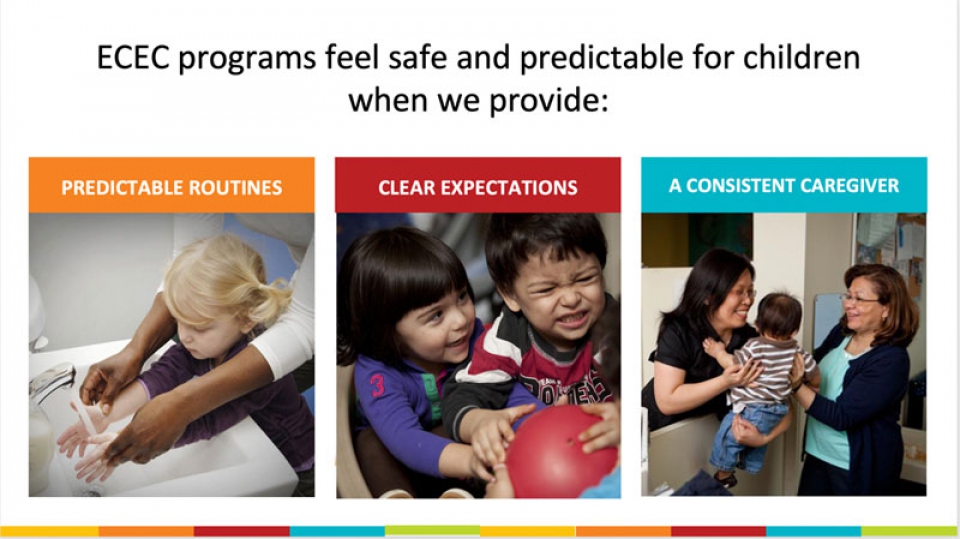Every day our CNC programs help immigrant and refugee children settle into their new life in Canada. While we know that our work is valuable, it’s also nice to have others acknowledge and reach out to learn from us.
Over the last few months we have had the privilege of sharing ideas on practices that make a difference to care of newcomer children and refugees.
The Resilience Guide–a CMAS project, written by Heather Savazzi, the Team Lead for Content Development–caught the attention of ChildCareExchange.com. This organization promotes the exchange of ideas among leaders in early childhood programs worldwide through publications and training resources.
They sought Heather’s expertise to write an article for the “Diversity” issue of their magazine, which reaches a global audience of over 27,000 early childhood professionals. In her piece, Supporting Resilience in Refugee Children, Heather draws on her research, including input from CNC staff, to offer readers strategies that can help refugee children strengthen resilience.
Following on the heels of the article, the Migration Policy Institute (MPI), a renowned Washington, D.C.-based think tank, asked Heather to speak during a webinar. MPI provides analysis, development, and evaluation of migration and refugee policies at local, national, and international levels. The institute already cited the exemplary work of CNC programs in a report on global best practices that respond to the needs of refugee children.
The topic of the webinar was Young Children in Refugee Families and Early Childhood Programs: Ways to Mitigate the Effects of Trauma. Heather presented alongside J. Lawrence Aber, a psychology and public policy professor at New York University. His discussion focused on the impacts of violence and trauma on child development, as well as the critical role of ECEs who work with young refugee children. During her talk, Heather gave an overview of CMAS, CNC programs, and approaches for supporting children who have suffered from trauma. A Q&A session followed the two presentations. With over 500 attendees, the webinar generated further conversation with various internationally recognized professionals in the field about the innovative things happening in our programs.
“As Canadians, we have a fundamental commitment to provide assistance and support the successful settlement and integration of newcomers. And with over 230 programs across Canada, CNC is often the first point of contact in their new communities. Experience and research tells us that when we tap into the tremendous capacity for resilience and growth that exists in early childhood, we have the best chance to help immigrant children,” explains Heather. “It was exciting to have the opportunity to tell the world about all the great work that is being done in Care for Newcomer Children programs each day!”
In the spotlight of international recognition are all of the people who work in our CNC programs. It is your practices that CMAS is sharing with leading organizations. In turn, these practices will help others and influence them as they work with immigrant children.
As Heather writes in the ChildCareExchange.com article, “Your compassion and support truly can make a difference—one child and family at a time.”
And, one child and family at a time, you also can have a global impact.










